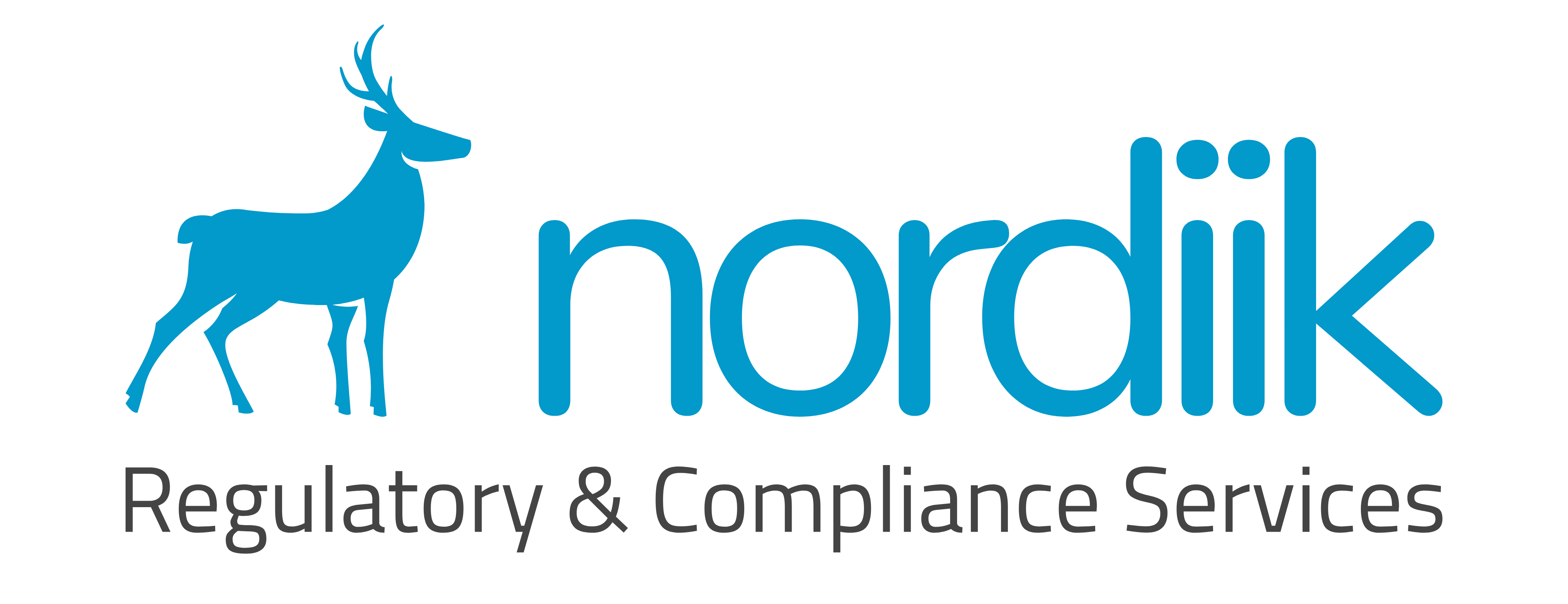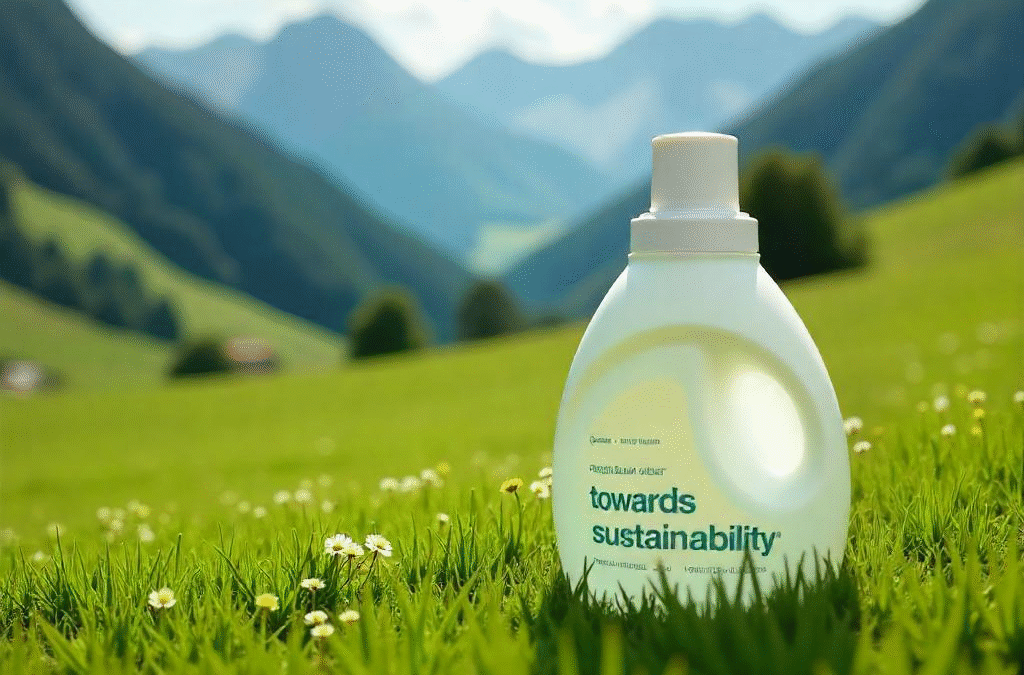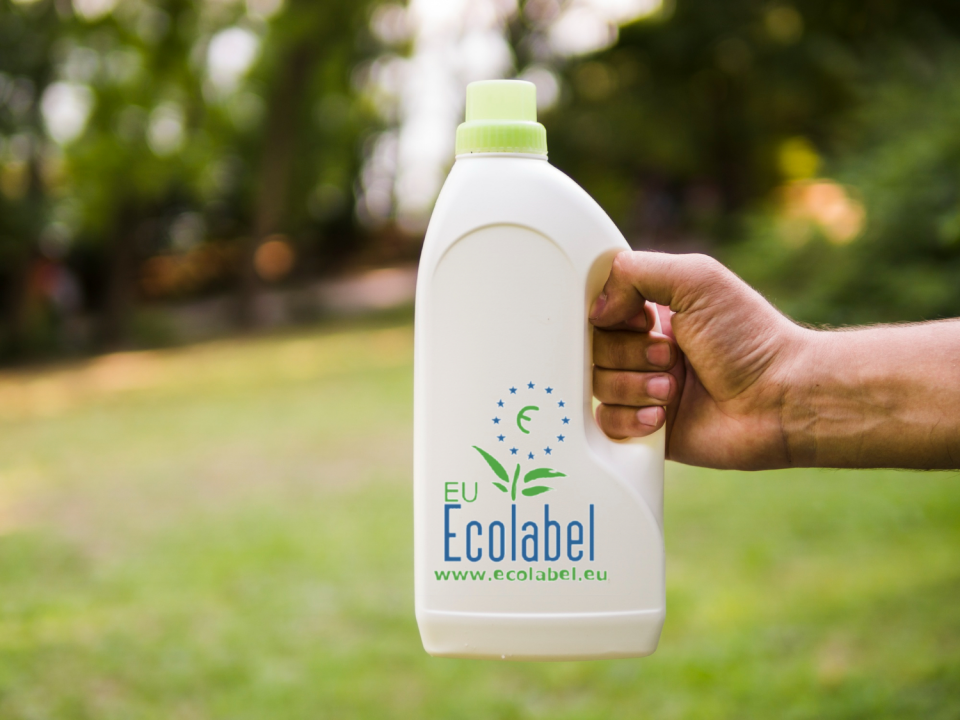European Detergents Regulation Update: A Step Towards Sustainability
European Detergents Regulation Update. The European Union has taken a decisive step towards greater sustainability and safety with the recent update of its detergents regulation. This new legislative framework, shaped by consensus between the European Parliament and the Council, introduces innovative measures aimed at protecting both the environment and consumer health.
Key Changes in the Regulation
-
Biodegradability: Delegated acts will be introduced to assess and regulate encapsulating films and other organic substances found in detergents. This includes a progressive implementation timelines ranging from three to eight years. This approach allows requirements to adapt as scientific and technological evidence evolves.
-
Phosphorus: While no new limits are set at this time, the regulation includes provisions for future evaluations to consider potential revisions based on environmental impact and the development of more sustainable alternatives.
-
Dosing: The need for new requirements for dosing caps will be reviewed. Additionally, measuring scoops must include visible markings to facilitate accurate dosing, but contrasting colors will not be required, simplifying design and reducing unnecessary waste.
-
Digital Product Passport (DPP): This new system will be linked to the product model and will include both mandatory and voluntary information on composition, traceability, and sustainability, all accessible digitally via a unique identifier.
-
Microorganisms: Cleaning products containing microorganisms must undergo risk assessment, although inclusion on the QPS list will not be mandatory. Aerosols and products intended for contact with food will not be restricted if their safety can be demonstrated.
-
Ingredient Sheet: All detergents, regardless of their CLP classification, will be required to register an ingredient sheet through the ECHA’s IUCLID portal, making information accessible to both consumers and health authorities.
Next Steps
The process will continue with two technical meetings to finalize details of the text and the DPP, followed by formal adoption by the European Parliament and the Council of the EU. This agreement highlights the sector’s commitment and institutional collaboration in favor of sustainability, innovation, and safety within the European detergents market.
Do you need to comply with the Detergents Regulation? Nordiik can help—contact us!
Source: CE








